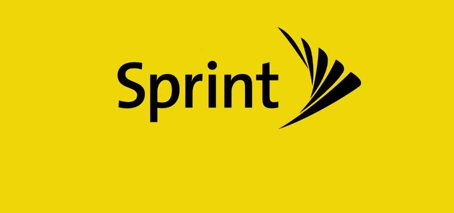
Telecom Disconnect
Find out which telecom companies are under scrutiny for misleading ads.
Wireless carrier joins AT&T and T-Mobile as companies accused of cramming this year.
It’s a wonder “cramming” didn’t win Oxford Dictionary’s word of the year.
A lawsuit filed against Sprint on Wednesday marked the third time this year a government agency has taken action against a major wireless carrier for allegedly charging customers for services they never requested in a practice called cramming.
In July, the FTC filed a lawsuit against T-Mobile accusing the carrier of bilking hundreds of millions of dollars from customers by hiding unauthorized charges in their phone bills.
In October, AT&T agreed to pay out $105 million to settle similar charges. At the time, federal and state officials said that the AT&T settlement was the largest of its kind regarding cramming allegations.
Now, it’s the Consumer Financial Protection Bureau (CFPB) accusing Sprint of operating an illegal billing system wherein the carrier allowed third parties (described below as merchants) to “cram” unauthorized charges onto customers’ bills — all while pocketing a chunk of the revenue themselves and ignoring consumer complaints about the practice.
According to a CFPB release announcing the lawsuit:
Sprint’s system attracted and enabled unscrupulous merchants who, in some cases, only needed consumers’ phone numbers to cram illegitimate charges onto wireless bills. The charges ranged from one-time fees of about $0.99 – $4.99 to monthly subscriptions that cost about $9.99 a month. Sprint received a 30-40 percent cut of the gross revenue from these charges.
The CFPB said the scheme milked tens of million of dollars from consumers. It happened mostly online where some merchants tricked consumers into entering their phone numbers on the promise of “free” digital content for which they were later unknowingly charged, the CFPB said.
In a statement, Sprint said it “strongly disagrees” with the CFPB’s assessment of its business practices:
Sprint took considerable steps to protect wireless customers from unauthorized third-party billing and is an industry leader in proactively preventing unauthorized charges. We recognize this is an important issue for our customers, and we consistently have encouraged any customers who think they may have incurred an unauthorized third-party charge on their phone bill to contact Sprint to resolve the issue.
The lawsuit seeks refunds for consumers and penalties to deter the billing behavior in the future. The FCC is also reportedly considering a $105 million fine against Sprint.
For more of our coverage on phone services, click here.
Find out which telecom companies are under scrutiny for misleading ads.
Is DJ Khaled the key endorser on Snapchat?
Carriers facing challenges to advertisements.


